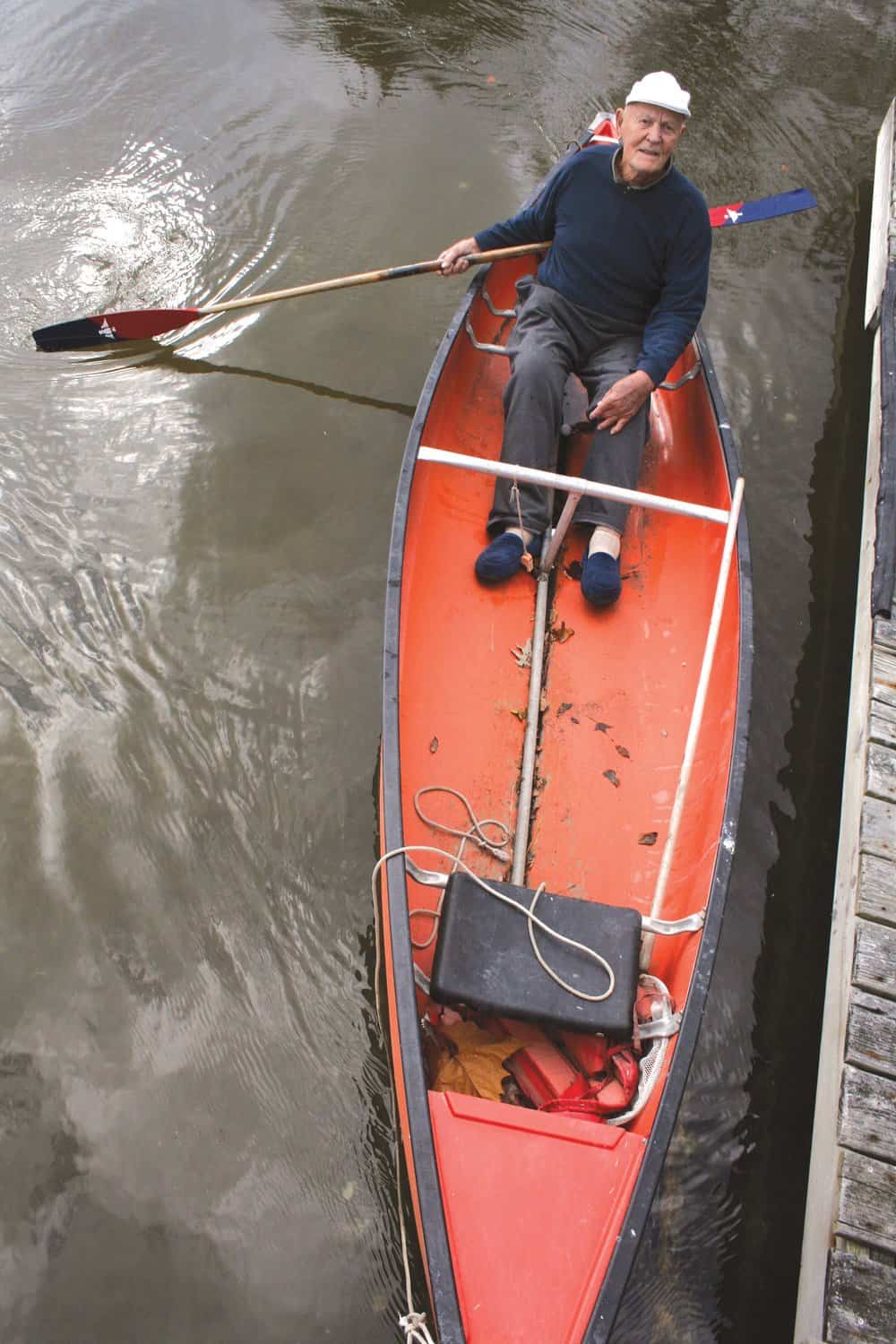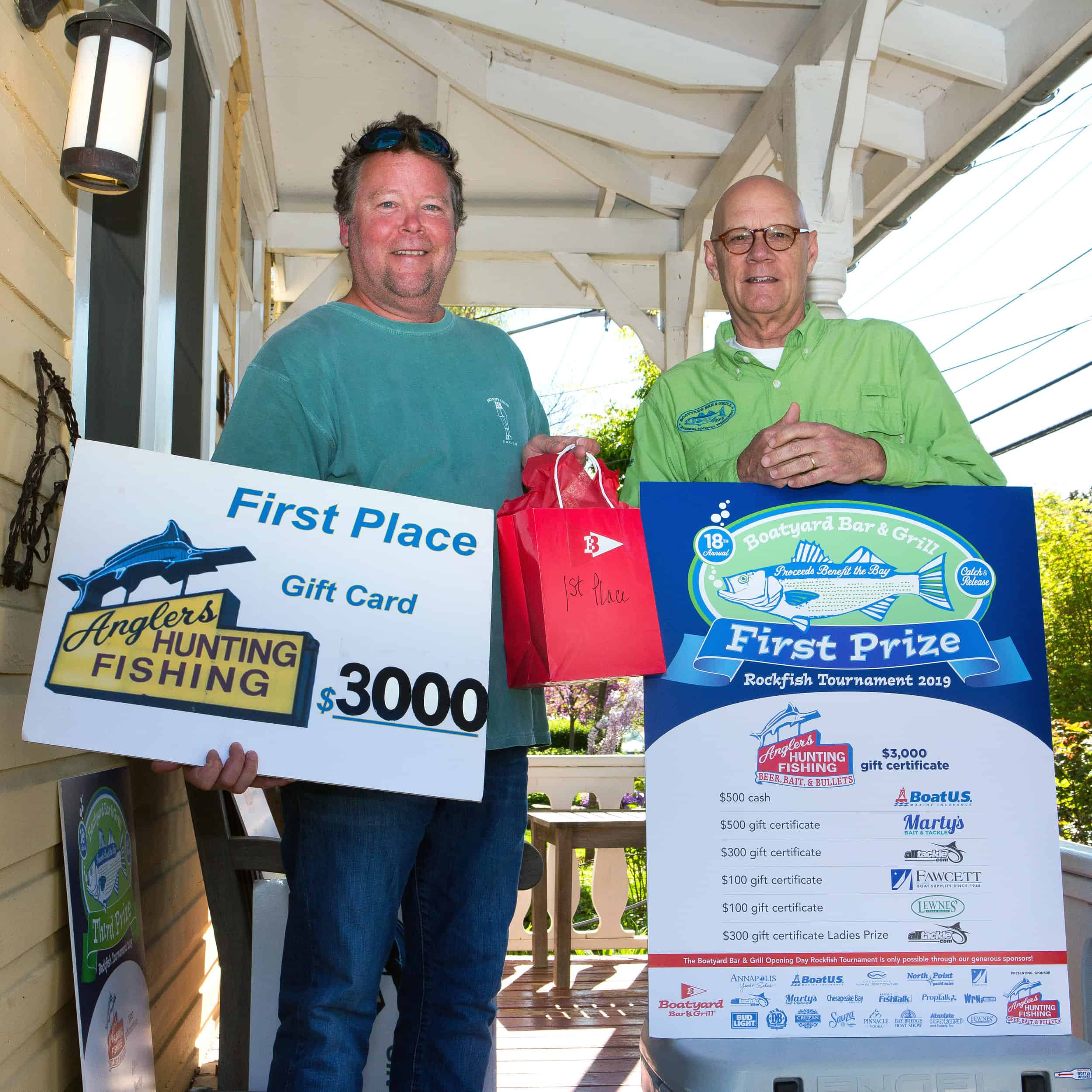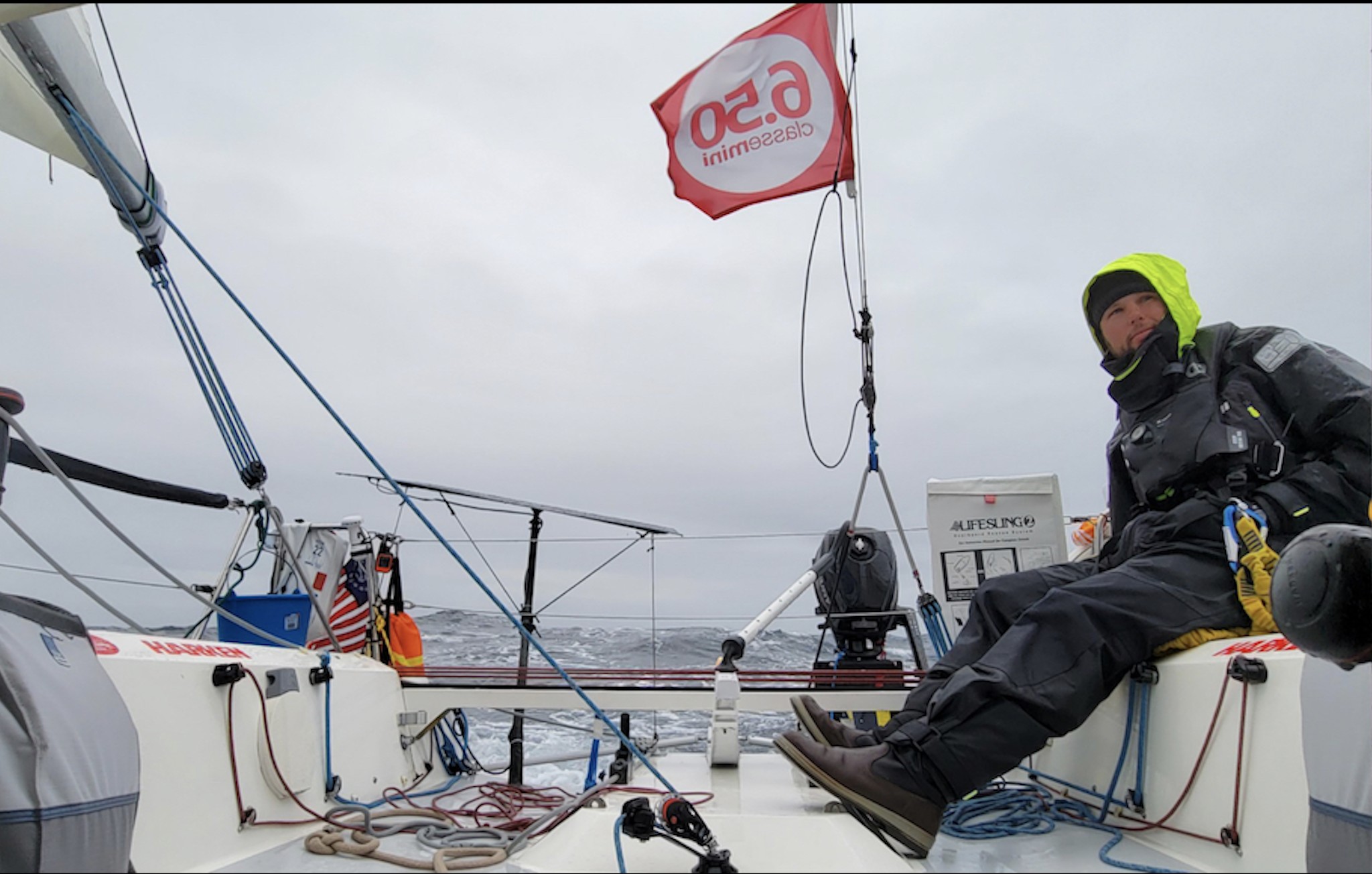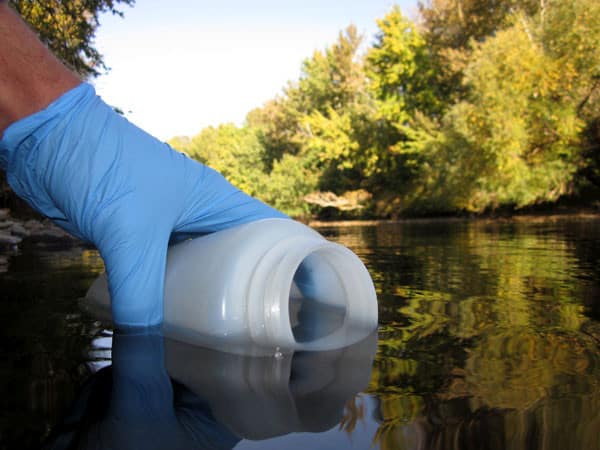“From my earliest memories, my family went to a summer place on the Potomac River. I loved being on the water. We stayed until the weather turned cold,” said Havens, from his porch in Harborton, barely 100 yards from Pungoteague Creek on Virginia’s Eastern Shore.
Havens was born to be a canoeist. His father, Bill, and his uncle, Bud, had grown up as members of the Washington Canoe Club on the Potomac in Georgetown. By the 1920s, they were among the fastest paddlers in the world. Bill Havens was the top-seeded member of a four-man crew that qualified for the 1924 Olympics in Paris. But when the ship left with Team USA for France, Bill Havens stayed behind to be with his wife, who was expecting their second child. The U.S. crew team, which included his brother, won medals in six events: three gold, one silver and two bronze.
Four days after those Olympic events concluded, Bill Havens’s wife gave birth to their second son, Frank.
Frank recalls spending much of his youth trying to beat his brother Bill Jr., older by five years. “I followed him around like a puppy. He was tough as nails and didn’t give an inch.”
Junior was a world-record holder in the 1,500-meter kayak event and a three-time national champion by the time he was 20, qualifying for the 1940 Olympics. But World War II intervened, canceling the games.
Bill Jr. was selected for the 1944 Olympics as well, but he was serving in the Army Air Corps, fighting the Nazis. Frank was also a member of the Army Air Corps, serving as a waist gunner on a B-24. When the 1948 Olympics were rescheduled in war-torn London, Frank, now a 6-foot-2-inch University of Maryland football player, joined his brother in qualifying for the games. This time, he finally beat his brother, taking a silver in the 10,000-meter solo canoe race. Junior finished fifth in the 1,000-meter race.
The plan for the 1952 Olympic Games in Helsinki was for the Havens brothers to compete in tandem events as well as solo races. But, once again, Junior’s games were derailed when he severed tendons in his hand helping a fellow teacher free her car stuck in snow.

Competing in the solo, 10,000-meter canoe race, Frank took the gold, setting a new world record of 57:41.1. He remains the only American to have won an Olympic gold medal in a solo single-blade race.
After the race, Havens sent his father this telegram: “Dear Dad, thanks for waiting around for me to get born in 1924. I’m coming home with the gold medal you should have won. Your loving son, Frank.” Havens presented his father with the medal when he arrived back in the States.
Frank said he couldn’t have won that race without his father’s help. “You would never believe how much time he spent showing me how to make that five-buoy turn. I went into the turn a full deck behind and came out a deck ahead. I still had to hold them off, but that turn won the race,” said Havens, who even today at 92, canoes almost every day the weather is fit.
“I remember someone handed me an American flag, and a teammate carried me around on his shoulders. I cried when I heard the National Anthem on the medal stand. Part of it I was so happy, but part of it was my brother not being there and my father giving up his Olympics for me.”
Frank won 10 national championships and competed in two more Olympics, four in all, but did not add to his medal count. “I had no business going to the 1960 Olympics when I was 36 years old, but who can resist Rome?” He said with a smile.
In 1985, Frank and his brother competed in the Masters Games in Toronto, with the younger brother winning eight gold medals and Junior winning two golds, two silvers and a bronze. That same year, Frank and his wife bought a house in Harborton. “As soon as I drove into town, I told Katie, ‘This is the place for me. It has everything I want.’ ”
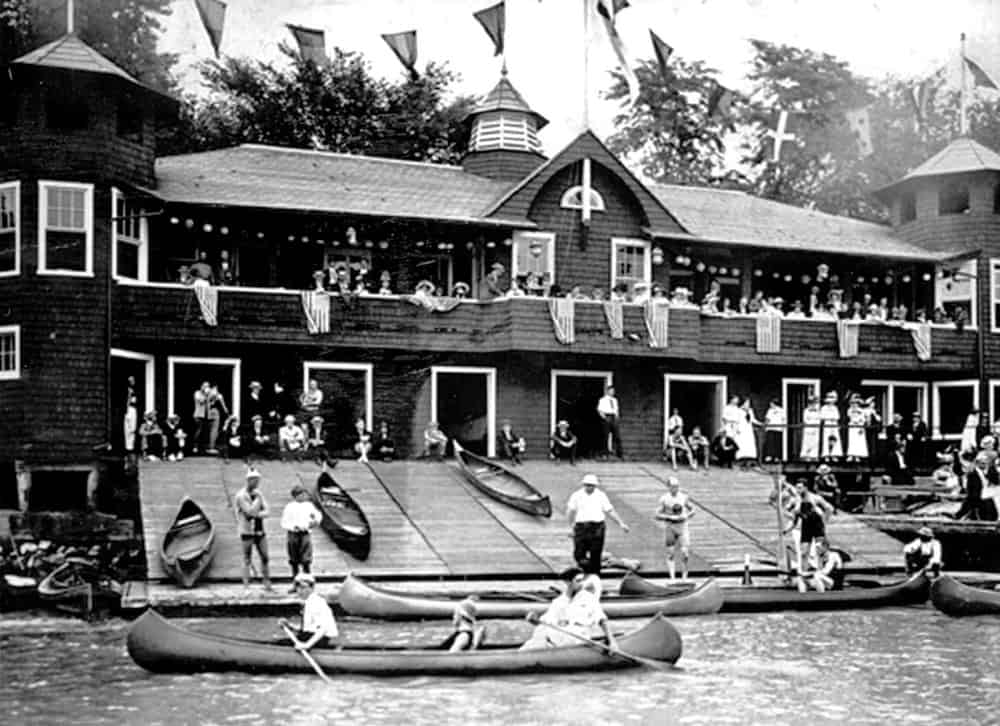
When his brother would visit, even though then in their 60s, they sometimes paddled to Tangier Island and back, some 15 miles from the Harborton dock and almost halfway across the Chesapeake Bay.
Junior died six years ago, and Frank’s wife, “a classic beauty,” noted Frank, died one year later. They had three sons, all members of the Washington Canoe Club.
Today, needing a cane to walk, Frank tools around Harborton in a golf cart — greeting his many friends with a cheery hello and sometimes a pet nickname — yet he retains the upper body strength and skill to paddle a canoe, but not quite as fast as the day he won Olympic gold.
—Bill Sterling

